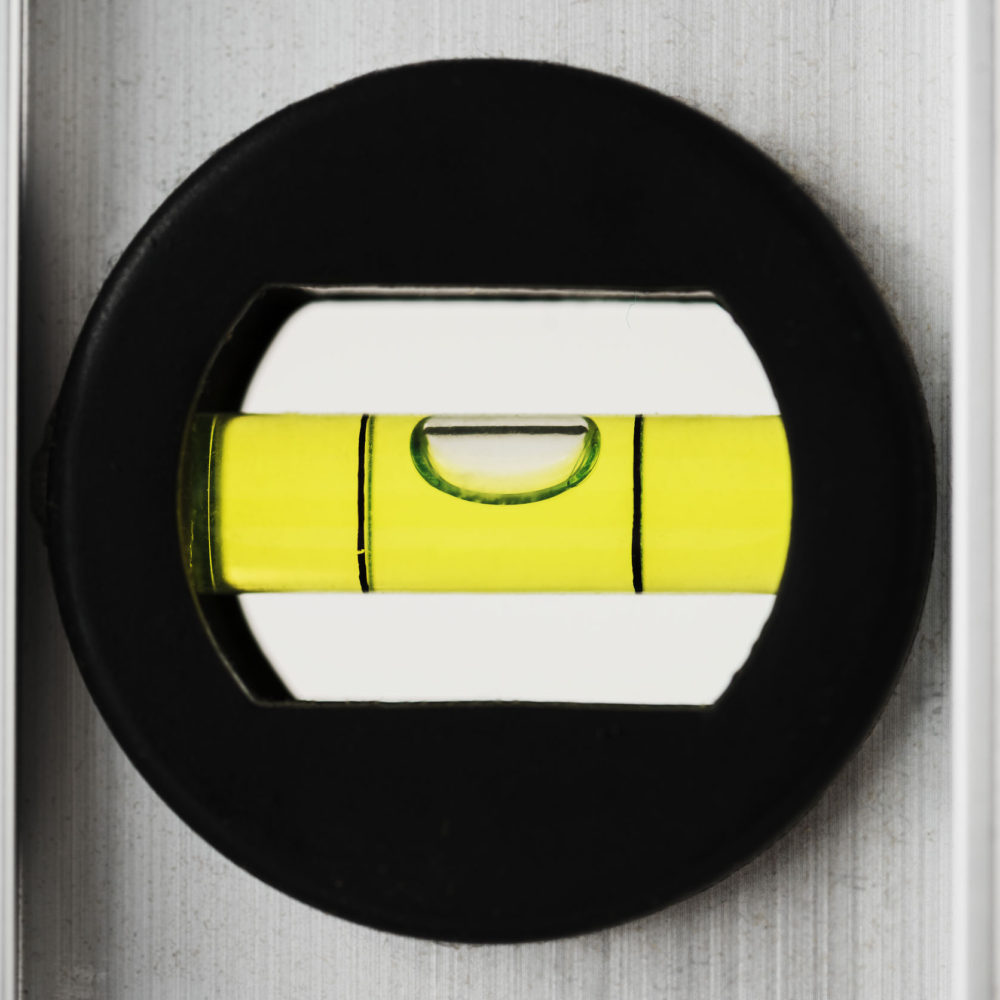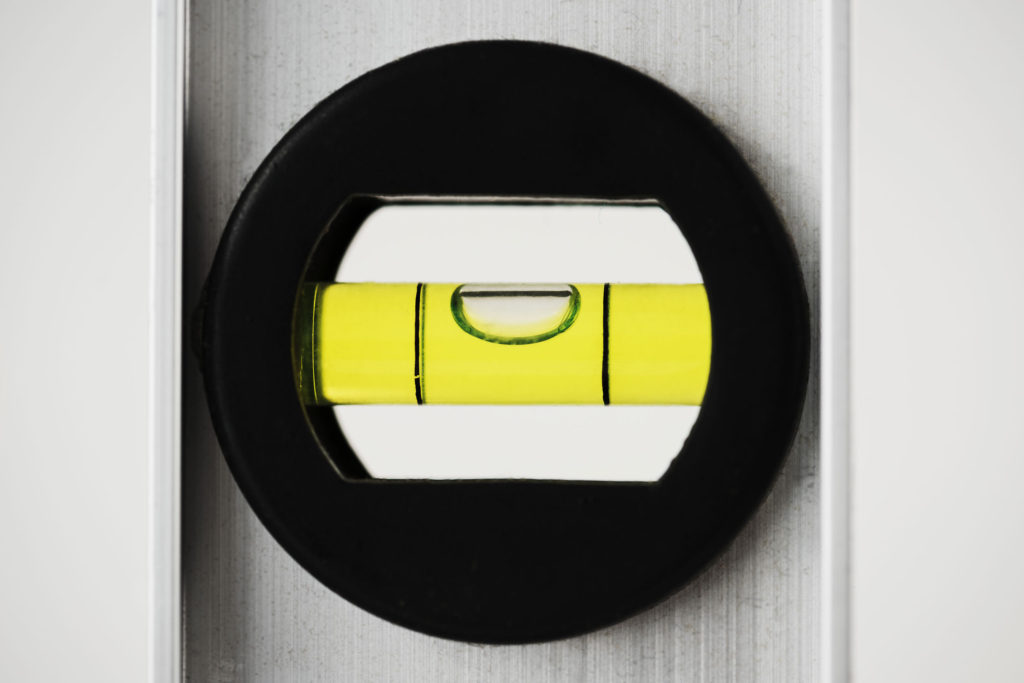

Coping during difficult times and maintaining enough equilibrium to stay healthy, sane, and vital is an acquired skill. Many clients, colleagues, and family have expressed varying degrees of alarm at the daunting list of challenges we face domestically and abroad. And now we have Covid-19, an unprecedented virus spreading across every continent except Antarctica. Fasten your seatbelts.
Whatever your concerns may be at this time—and there are plenty from which to choose—if there was ever a time to cultivate healthy habits, this is it. Maintaining beneficial routines, like eating a nutritious diet, getting adequate sleep, and exercising regularly, are essential. But the most important marker of resilience is managing stress.
There are many positive ways to deal with stress. For me, time in nature and helping others through my coaching work are constant sources of renewal. While I use other techniques, such as HeartMath® and self-Reiki, my main practice for the past 27 years has been daily meditation.
Why is meditation particularly helpful?
The ancient Greeks had two words for time: chronos and kairos. Chronos is the clock time in which we spend most of our lives. Meditation puts us in kairos: internal time, unaffected by linear time as we know it. It’s during those still points when our soul guides us and the mind has an opportunity to connect to something deeper, broader, higher, other.
I don’t sit on my cushion with the intent to solve problems, yet insights arise again and again. It’s as if chronos had hidden them away and kairos releases them to my conscious mind. Back in chronos, it’s my choice as to how I show up.
Another metaphor to illustrate how meditation (or other reflective practices) helps is to imagine a carpenter’s level. If the bubble (representing mind/body/spirit) is not between the center lines, I’m off balance. Left of center, I’m likely ruminating about the past and the woulda-shoulda-couldas. Right of center, I may be jumping to conclusions about the future and envisioning worst-case scenarios.
The place of highest effectiveness, or balance, is in the middle—which, incidentally, is also the present moment. If perfect balance isn’t immediately achievable (and it often isn’t), then having a clear intention to move towards center is the heart of all contemplative practices.
Of course, what works for me may not work for you, or work in the same way. Here’s a list of select techniques along with resources to explore. Find a few that resonate for you and practice them often… ‘cause they don’t work if you don’t use them.
- Practicing Progressive Deep Muscle Relaxation (audio download)
- Pacing the Breath: Coherent Breathing (audio download)
- Loving kindness (metta) meditation (audio download)
- Keeping a daily gratitude journal (article)
- Reciting the Serenity Prayer (article)
- Practicing restorative yoga (article)
- Walking meditation (article)
Any of these can become a valuable tool during times of stress, but the greatest benefit comes from regular use. Like exercising a muscle at the gym, your resilience grows progressively and provides support even in the midst of the most trying circumstances.
And when we emerge out of practice back to our life? What then? Well, if you’re like me, there’s often a return of energy. A feeling of hope. A feeling of purpose, including a strengthening of faith in whatever you believe. A feeling of gratitude. And balance.
Also, wash your hands.